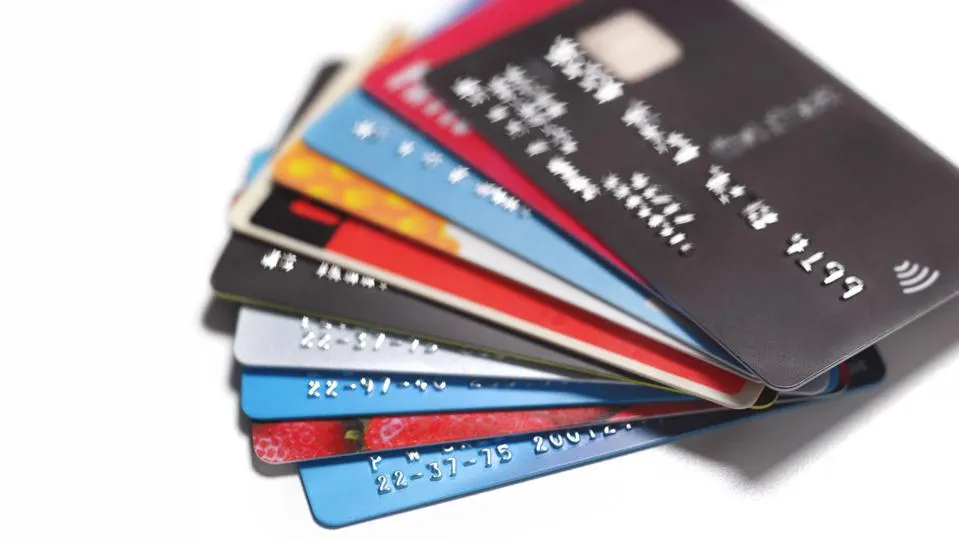Let’s talk about Credit Card Traps?
Credit cards can be powerful financial tools when used responsibly. However, they also come with potential pitfalls that can lead to financial distress if not navigated carefully. This comprehensive guide explores common credit card traps and provides strategies to avoid them, ensuring you can harness the benefits of credit cards without falling victim to their drawbacks.

The Minimum Payment Trap
The Illusion of Affordability: One of the most insidious credit card traps is the allure of minimum payments. While these low monthly payments may seem manageable, they can lead to a long-term debt cycle.
The Real Cost: Paying only the minimum extends the life of your debt and significantly increases the total interest paid. For example, a $3,000 balance at 18% APR with a 2% minimum payment could take over 27 years to pay off, costing thousands in interest.
How to Avoid – Credit Card Traps
- Always pay more than the minimum when possible
- Use online calculators to understand the true cost of minimum payments
- Set a goal to pay your balance in full each month
The High-Interest Rate Trap
The Burden of APR
Credit cards often come with high Annual Percentage Rates (APRs), which can quickly compound debt if balances are carried month-to-month.
The Impact on Debt
High interest rates can make it challenging to pay down principal balances, as a significant portion of payments goes towards interest.
How to Avoid – Credit Card Traps
- Compare APRs when choosing a credit card
- Negotiate with your issuer for lower rates
- Consider balance transfer options to cards with lower APRs
- Pay balances in full each month to avoid interest charges
The Reward Points Obsession
The Allure of Rewards
Credit card rewards can be enticing, offering cashback, travel miles, or points. However, the pursuit of these rewards can lead to overspending.
The Hidden Costs
Overspending to earn rewards can result in carrying balances and incurring interest charges that outweigh the value of the rewards earned.
How to Avoid – Credit Card Traps
- Use rewards cards only for planned purchases within your budget
- Calculate the true value of rewards versus potential interest charges
- Don’t let rewards motivate unnecessary spending
The Credit Limit Increase Trap
The False Sense of Financial Health
Credit limit increases can feel like a vote of confidence from your issuer, but they can tempt you to spend more than you can afford.
The Risk of Overextension
Higher limits can lead to higher balances, potentially impacting your credit utilization ratio and overall financial health.
How to Avoid – Credit Card Traps
- Decline automatic credit limit increases if you struggle with overspending
- Maintain the same spending habits regardless of your credit limit
- Focus on your budget, not your available credit
The Cash Advance Pitfall
The Emergency Fund Alternative
Cash advances might seem like a quick solution in emergencies, but they come with hefty fees and high interest rates.
The True Cost
Cash advances often incur a fee (typically 3-5% of the amount) and start accruing interest immediately, often at a higher rate than regular purchases.
How to Avoid:
- Build an emergency fund to avoid relying on cash advances
- Explore other options like personal loans or borrowing from family in emergencies
- Understand the terms of cash advances on your card before using this feature
The Balance Transfer Trap
The Promise of Debt Consolidation
Balance transfer offers can be useful for consolidating debt, but they come with potential pitfalls.
The Hidden Fees and Timelines
Many balance transfers incur fees and have limited promotional periods. Failing to pay off the balance within this period can result in high interest charges.
How to Avoid:
- Read the fine print on balance transfer offers
- Calculate the total cost including transfer fees
- Create a plan to pay off the balance before the promotional period ends
- Avoid making new purchases on the card while paying down transferred balances
The Foreign Transaction Fee Surprise
The International Usage Shock
Using your credit card abroad can result in unexpected foreign transaction fees, typically around 3% of each purchase.
The Cumulative Cost
These fees can add up quickly, significantly increasing the cost of your international purchases or travel expenses.
How to Avoid:
- Use credit cards that don’t charge foreign transaction fees
- Research your card’s international fees before traveling
- Consider getting a travel-specific credit card for international use
Conclusion
Credit cards can be valuable financial tools when used wisely. By understanding and avoiding these common traps, you can maintain control over your credit usage and financial health. Remember, the key to successful credit card use lies in awareness, discipline, and strategic planning. Always read the fine print, stay within your means, and use credit as a tool rather than a crutch. With these principles in mind, you can enjoy the benefits of credit cards while steering clear of their potential pitfalls.

